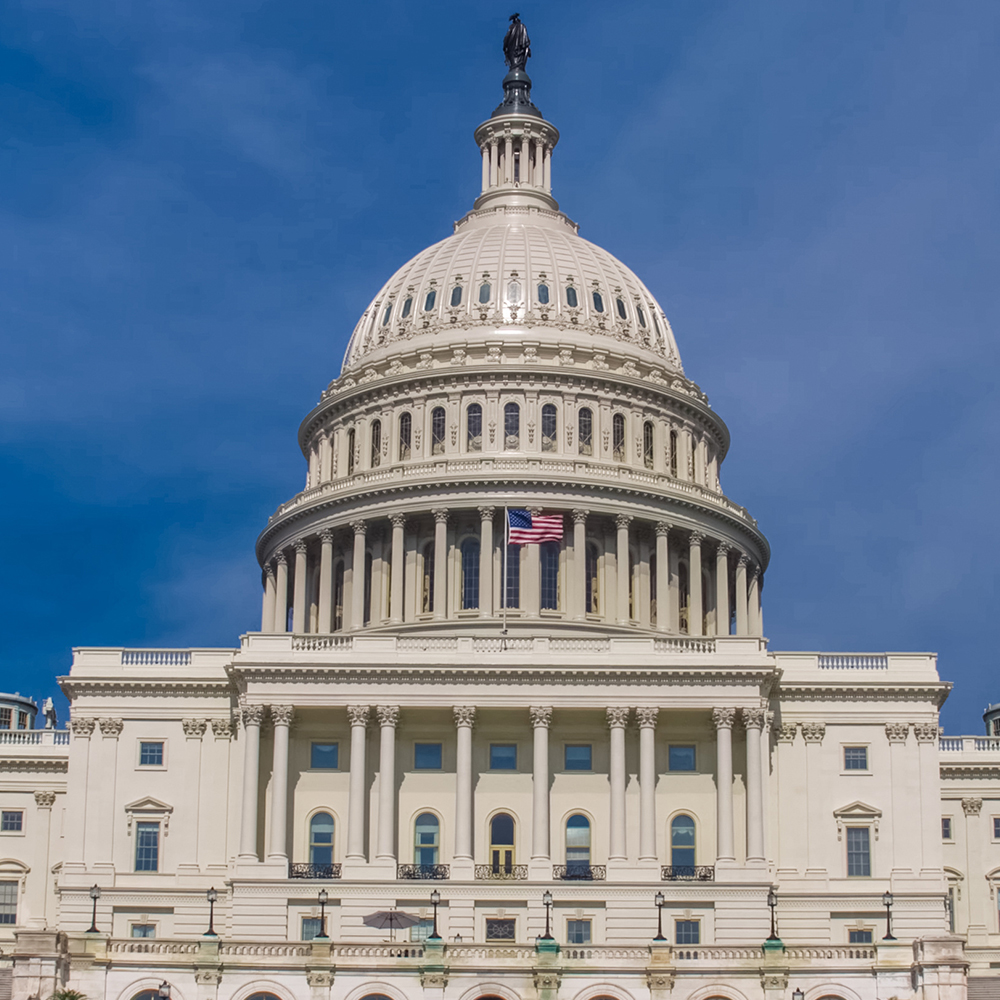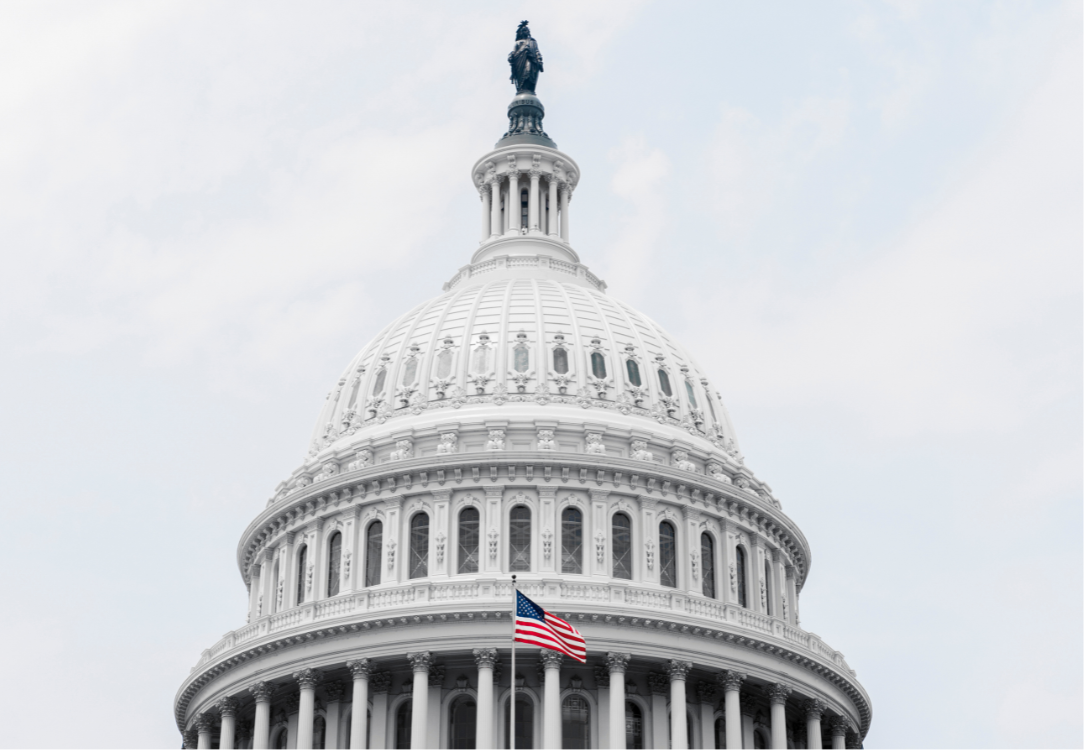On July 1, 2021, the U.S. Departments of Health and Human Services, Labor, and Treasury, along with the Office of Personnel Management (collectively, the Departments), issued an interim final rule (IFR) to explain provisions of the No Surprises Act (the Act) that passed as part of sweeping COVID-19 relief legislation signed in December 2020. The Act and IFR aim to protect consumers from excessive out-of pocket costs resulting from surprise and balance medical billing. This Advisor is the second in a series that provides a high-level summary of the IFR and its impact on employer plan sponsors.
Background
Generally, under the Act and the IFR, group health plans, or health insurance issuers offering group or individual health insurance coverage, that provide or cover any benefits for services in an emergency department of a hospital (including a hospital outpatient department that provides emergency services) or an independent freestanding emergency department (in-network or out-of-network, also referred to as participating and nonparticipating), must cover the emergency services with no pre-authorization and without regard to any other term or condition of such coverage (other than exclusion or coordination of benefits, or an affiliation or waiting period, permitted under the Patient Protection and Affordable Care Act (ACA), and incorporated pursuant to ERISA and the Internal Revenue Code, and other applicable cost-sharing).
If the emergency services are provided by a non-participating provider or non-participating emergency facility, the plan or issuer must cover the emergency services without imposing requirements for prior authorization or any limitation on coverage that is more restrictive than the requirements or limitations that apply to emergency services received from participating providers and participating emergency facilities. Also, a plan may not apply higher cost-sharing than would apply if emergency services were provided by a participating provider or a participating emergency facility.
Interim Final Rule
The Act directed the Departments to issue rules (in three stages) to explain how they will implement and enforce the Act. The IFR is the first set of those required rules, and, in addition to the requirements summarized in our prior Advisor, it addresses certain complaint procedures and notice requirements.
Participant Complaints and DOL Investigations
The IFR lays out a specific complaint process for participants who believe that a group health plan has violated the Act’s prohibitions on surprise or balance billing. The IFR states that participants (or their authorized representatives”) should contact the Department of Labor (DOL) in writing or by phone if the participant feels there has been a potential violation of the Act. This is significant in that the IFR opens the potential for more individuals to lodge complaints informally and whether a violation has occurred or not.
The IFR also outlines information the DOL could request as it addresses any complaints under the Act. Though DOL presumably will request the information directly from participants, there is little doubt that participants will contact employer HR departments to get copies of certain items such as summary plan descriptions (SPDs). Thus, plan sponsors will have another reason to be sure that all plan documentation is up-to-date and readily available.
Finally, the IFR provides that the DOL, after reviewing relevant information and making a determination on a complaint, could:
– Refer the complainant to another appropriate federal or state resolution process.
– Refer the plan or issuer for an investigation for enforcement action.
Group health plan sponsors should expect more DOL investigative activity as a result.
Plan Notice Requirements
The IFR addresses new notice requirements that the Act added to ERISA. Under these requirements, group health plans will have to disclose information about new surprise and balance billing protections as well as certain other information. In general, group health plans must post the required information beginning January 1, 2022.
The Departments have issued a model disclosure notice that group health plans may use to satisfy the new balance billing disclosure requirements. The preamble to the IFR states that the Departments will consider using the model notice according to its accompanying instructions to be good faith compliance with the Act’s disclosure requirements. Further, the Departments provide that If a state develops model language for its disclosure notice that is consistent with the Act’s federal notice requirements, the Departments will consider a plan that uses the state-developed model language in good faith to have complied with the federal requirement to include information about state law protections.
The Departments may address these notice requirements in more detail in future guidance, but the IFR preamble notes that the Departments expect plans to follow the requirements using a good faith, reasonable interpretation of the law.
Effective Date
The IFR will take effect September 13, 2021 and will apply to group and individual health plans beginning with plan years that start on or after January 1, 2022. The Departments have invited interested parties to submit public comments through September 7, 2021. Any Final Rule issued after the comment period should track the IFR closely, but we expect that the Departments ultimately could modify certain elements of the IFR.



